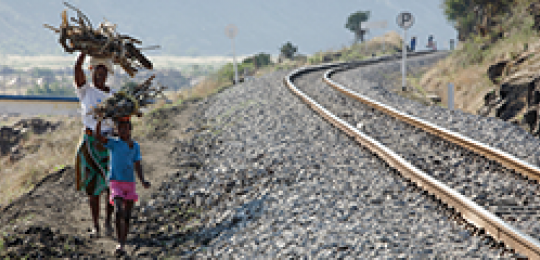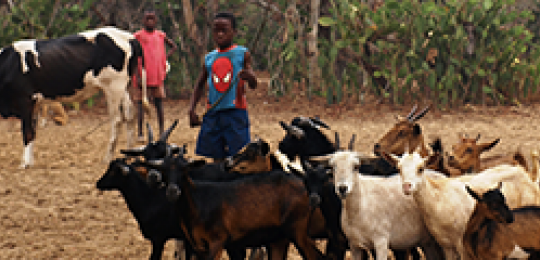Working paper
In this study we analyze the gender gap in agricultural productivity in Mozambique applying the Oaxaca-Blinder decomposition approach on data from four agricultural surveys between 2002 and 2012.
December 2016





